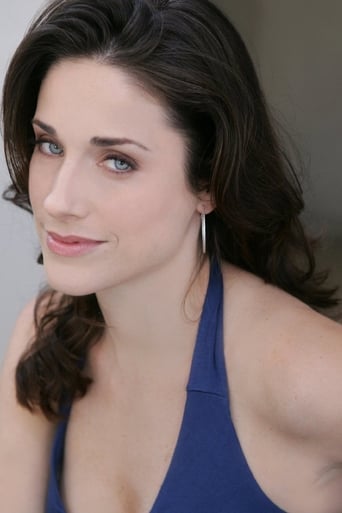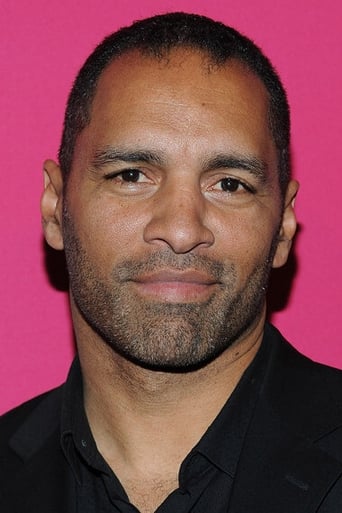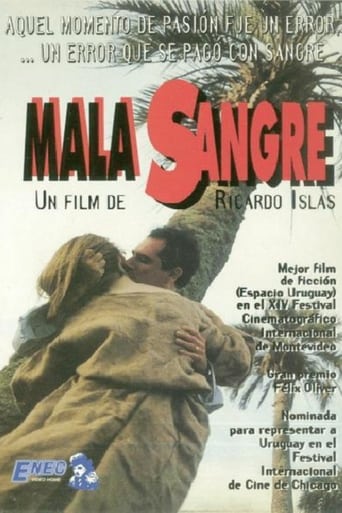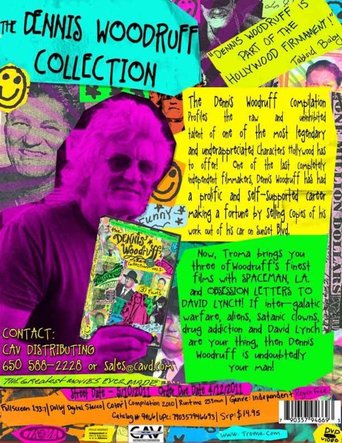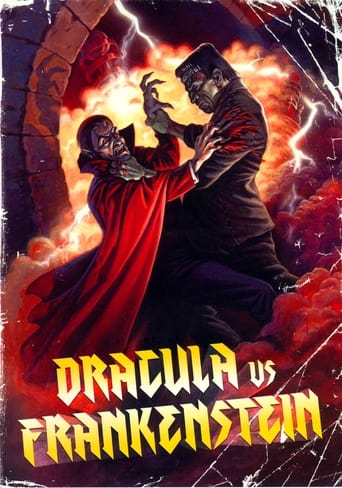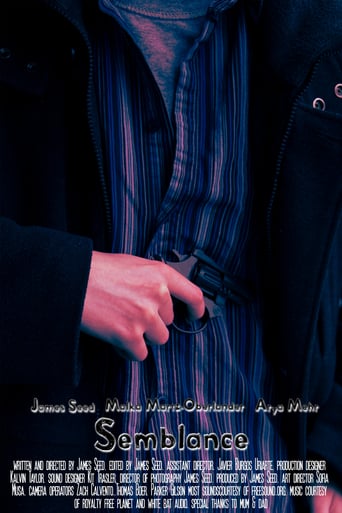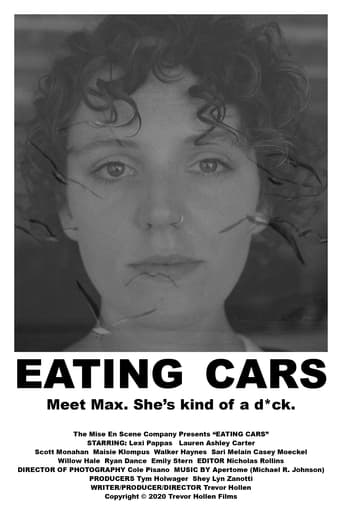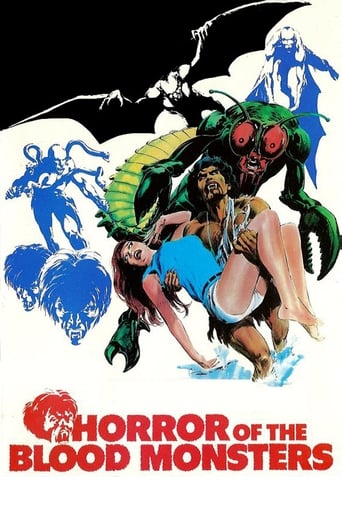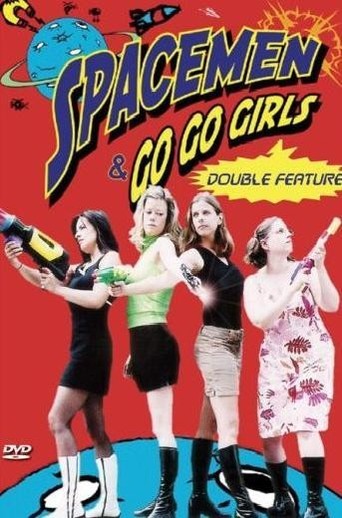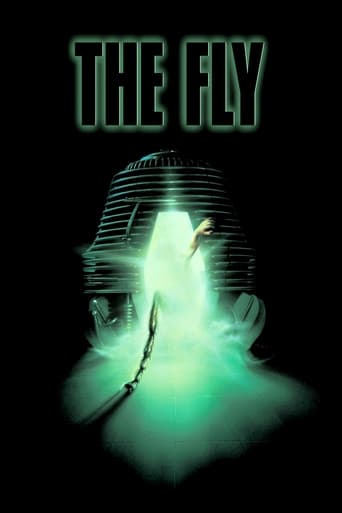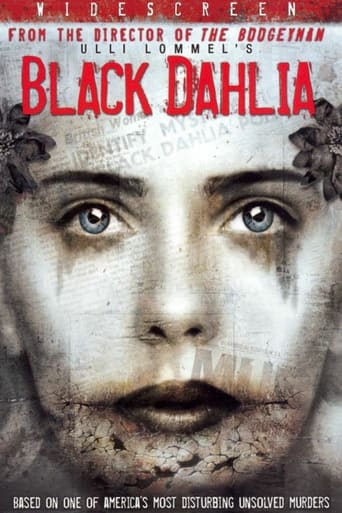
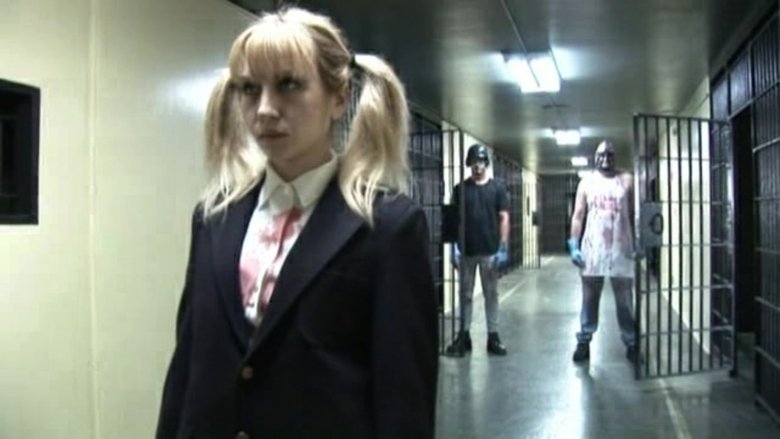
Black Dahlia (2006)
A young rookie cop and his team discover dismembered female bodies in L.A. similar to the Black Dahlia cold case from 1947. A serial killer seems to be copying the brutal massacre of 1940s Hollywood starlet Betty Short. Ultimately his investigation leads him to a frightening lair of death and torture, all part of a terrifying fantasy that the killer is trying to bring to life.
Watch Trailer
Cast


Similar titles
Reviews
Terrible acting, screenplay and direction.
The film creates a perfect balance between action and depth of basic needs, in the midst of an infertile atmosphere.
This is a coming of age storyline that you've seen in one form or another for decades. It takes a truly unique voice to make yet another one worth watching.
One of the worst ways to make a cult movie is to set out to make a cult movie.
The reviews are spot on. This pile of sadistic dog @&!% would only appeal to serial killers, wanna be serial killers, or those who simply get off on seeing women butchered. The most annoying(and there are many)aspects of this piece of %@$ video is 1. the incredibly lame structure(if you can even call it that) We go to the killing room, then we go to the laughable investigation team, then some clown nerdy type goes to his typewriter, then we go back to the killing room again. 2. What in God's name possessed these so called filmmakers to juxtapose zillions of tiresome black and white freeze frames after every investigation team shot? 3. What was up with the very over modulated music, and wrong music during the killings? 4., then we get endless accelerated bull&@^ postproduction shots of the female victims., 5. the so-called climactic sequence was extremely tedious. Like, gee let's throw in the hundreds of other takes into the edit, er I mean shot pit, and let's see what happens!! This cinematic abortion makes me ashamed of being an aspiring moviemaker(yes, I've made a few). And, I've also seen many, many low budget God awful horror pictures. At least they tried...! This movie(if you can even call it that) is a total despicable piece of &*%!, that doesn't even warrant it comparable to 'snuff films'
"The Black Dahlia" is about the 1947 murder of Hollywood starlet Betty Short, but it is wrong to simplify the movie as a modern film noir. Director Brian De Palma's sensitivity explodes what people think of as the noir genre, the director turning "Dahlia" into something more personal: a consideration of the price paid by those who live in the Hollywood environment, either by working within the film industry or under the sway of movie mythology.Early in his career, De Palma combined an interest in movies with the radicalised social principles of the day. Influenced by the French New Wave and especially the political concentration of Godard, De Palma satirized/subverted movie traditions, particularly the excesses of German Expressionism.Mix this style with a little 60's anarchy, and you have a filmmaker who's sceptical about the structures of classical Hollywood storytelling. As such, all De Palma's early films were highly counterculture. Consider "Hi Mom!", "Phantom", "Rabbit", or "Greetings", the only movie of its time to address draft-dodging.Young De Palma satirised movie forms, learning to master them while revising them. This has confused many critics, who only latch onto the source of De Palma's improvisations but don't connect to the critical mind that drives them.So to understand "Dahlia" it is necessary to recognise that De Palma is a genre satirist with moral feeling. That "Dahlia" is more concerned about penetrating the Hollywood-noir genre, upending its conventions and emphasising its social and political bases. Like "Casualties of War", De Palma is appalled by the history he must recreate, just as he was appalled when draft dodging students were his subject.And so "Dahlia" plunges into politics with its first scene, a 1940's race riot in which the police casually watch white servicemen beat up Latinos. It is here where our two heroes meet. One's called Bucky, the other Lee, but it doesn't take long for them to become coded and victimised like movie stars, dubbed "Fire and Ice" by the LAPD, their hot and cold temperaments reflecting their contrasting styles.From here on the film more resembles Altman's "The Player" than "The Big Sleep", the film less interested in mystery than the nightmares that exist beneath Hollywood's glittery veneer. And like most of De Palma's films, the plot hinges around an ineffectual hero who somewhat incompetently reconstructs truths which reside in plain sight, directly under his nose.Interestingly, De Palma's usual approach to sex and violence is completely revoked. The bombastic sexual/violent imagery of "Body Double" and "Scarface" have all been replaced with the discretion used in his more political films. This is a moral and political choice. The film's many shots of wounded actresses, extra's in cattle carts and girls forced into nudie flicks (as well as dying fathers) are not intended to excite or titillate, they're meant to disturb.Likewise, the "satirical" or "operatic" De Palma only appears when the audience is introduced to corrupt and opulent characters. When the villain delivers her monologue, De Palma frames her on a balcony, flanked by red curtains and lit like an opera singer. Here De Palma's previously subdued camera suddenly goes baroque, linking hypocrisy with theatricality and Hollywood itself. In De Palma's world the image, the performance, is always a lie.A brilliant crane shot at a street junction signals the point at which the film's two mysteries split apart and veer in different directions. Interestingly, both mysteries are solved, but neither is resolved. And in typical De Palma fashion, the film's chief murder is itself an image, both a work of art and a cry for help. We're always aware that the film's two murderers, grotesque and scarred, were themselves the monstrous product or ugly underside of a kind of "beautiful", legitimized victimisation."Dahlia" eventually becomes De Palma's personal statement about the dark heart of Hollywoodland, a place the director has always approached with apprehension. "Are you capable of playing sadness," De Palma, playing a casting director in the film, asks Elizabeth Short, the line echoing Swan's request in "Phantom of Paradise" ("Would you give me your voice?"). What Swan takes in "Paradise", Hollywood exploits naturally whilst pretending to be "paradise". De Palma sees this clearly, and his noir protagonist (Josh Hartnett) will come to see this as well. Hartnett, himself a clueless actor, is thus cast to perfection. Hardly a Bogart, he's a well-meaning but severely deluded gumshoe. He takes the fall in a boxing match, and is constantly belittling himself via voice over.This uselessness, this futility, continues when Betty starts flirting with De Palma during an audition (he mocks her for recounting a story about her dream boyfriend, who ironically then dies). As we watch more and more of Betty's screen tests, we see her grow more and more disenchanted, echoing De Palma's own experience within the Hollywood machine. Even before she died, Betty's fairytale had become a broken dream.Many are dissatisfied with the film's "love triangle", which isn't sexually charged and lacks the chemistry of a Bogey and Bacall. But there's intentionally no "heat" or "sexuality" in this film. When we finally do see actress Scarlett Johansson strip, it's only so the audience can view the past scars etched horrendously into her body by an ex boyfriend. There are only wounds in this film, and so much of the emotion "Dahlia" generates relies on the audience tapping into its sad, wounded world.As Bucky states, a "fairytale band-aid" covers everything, even the relationships in the film. All the character's lead fractured lives, even De Palma, who mirrors himself by playing the cynical director of the screen tests, even while his work of art aligns itself firmly with Betty's torment.9/10 - Hugely atmospheric, "Dahlia" rewards repeat viewings and may be De Palma's best. Note too that the studio chopped an hour off of De Palma's original 3 hour cut (which was hailed as a masterpiece by Ellroy).
For most reviewers, this movie is atrocious, is feces, is garbage. To all those who think so I would like to suggest considering that Ulli Lommel's "Black Dahlia" (2003) was made at the end of the twenties and by somebody standing above critic from the gutter, like Salvador Dali or the early Luis Bunuel. In this case people would praise fantasy and techniques used for film topics that we otherwise have known until nausea. Is it that what Lommel wants to show when he presents four or fives times the almost identical killing scene? Or is it the fact that repetition recurs to itself and this process of self-reality is necessary to introduce new aspects of the crime that nobody would have foreseen? As a matter of fact, Lommel presents in this and his other movies practically the whole set of "alienation effects" (Brecht) which destroy the automatized attention horizon of the spectators.Since most reviewers are also convinced that Lommel just wanted to profit from the success that was to expect from Brian De Palmas "Black Dahlia" which was released in 2006, let me tell you that the two "Black Dahlias" have nothing to do with one another. While De Palma's film is strongly based on the story of Elizabeth Short, Lommel connects a series of crimes in the present with the 1947 Los Angeles murder case. Lommel's idea that the modern series of killings could be motivated by the 92 years old producer who never had a chance to make his movie with the original "Black Dahlia" some half a century ago, is very original. Another important point is that according to what can be seen in Lommel's "Black Dahlia", it was already made in 2003 and only released in 2006. It would not be first time that two persons who did not know of one another's plan would come up with the same result. The auto-car was invented no less than three times by three different people who did not even know one another.Last, but by no means least, one word about the constantly criticized style of Lommel. It seems to me that it is adequate to the semantics of his stories, thereby forming what is called in literature theory an "isomorphy". Lommel's movies are not pretentious, they show what the director wants to show, and Lommel does not even think that he is a second Fassbinder. Thus, I would like to introduce "pretence" as the kernel-criterion for judging if a movie has deserved a high or a low rating. In order to compare Lommel's and De Palma's "Black Dahlias", I have borrowed and watched both movies and given the latter a "1", because De Palma's movie is pretentious. The dramaturgy is not adequate to its topic, it is unnecessary complicated instead of being complex. Did nobody of all those wonder, who made Lommel's movie down on the cost of De Palma's film, why De Palma's "Black Dahlia" was nominated by an Oscar but at the same rated with only 5.5 by ten thousands of people?
although this is technically one of the worst movies ever made, sparing all expense and employing actors who i guess are more experienced in the porn industry, its destined to become a cult classic. If you don't take it seriously, its actually entertaining. falls into the so bad its good category.it has gore,cheesy special effects, poor cinematography, bad acting and a lame story line.all that you need for a B movie.but if you are expecting this to have anything to do with the black dahlia murder, the only thing that this film has in common is the title.I don't think this director's intention was to make a serious film.



